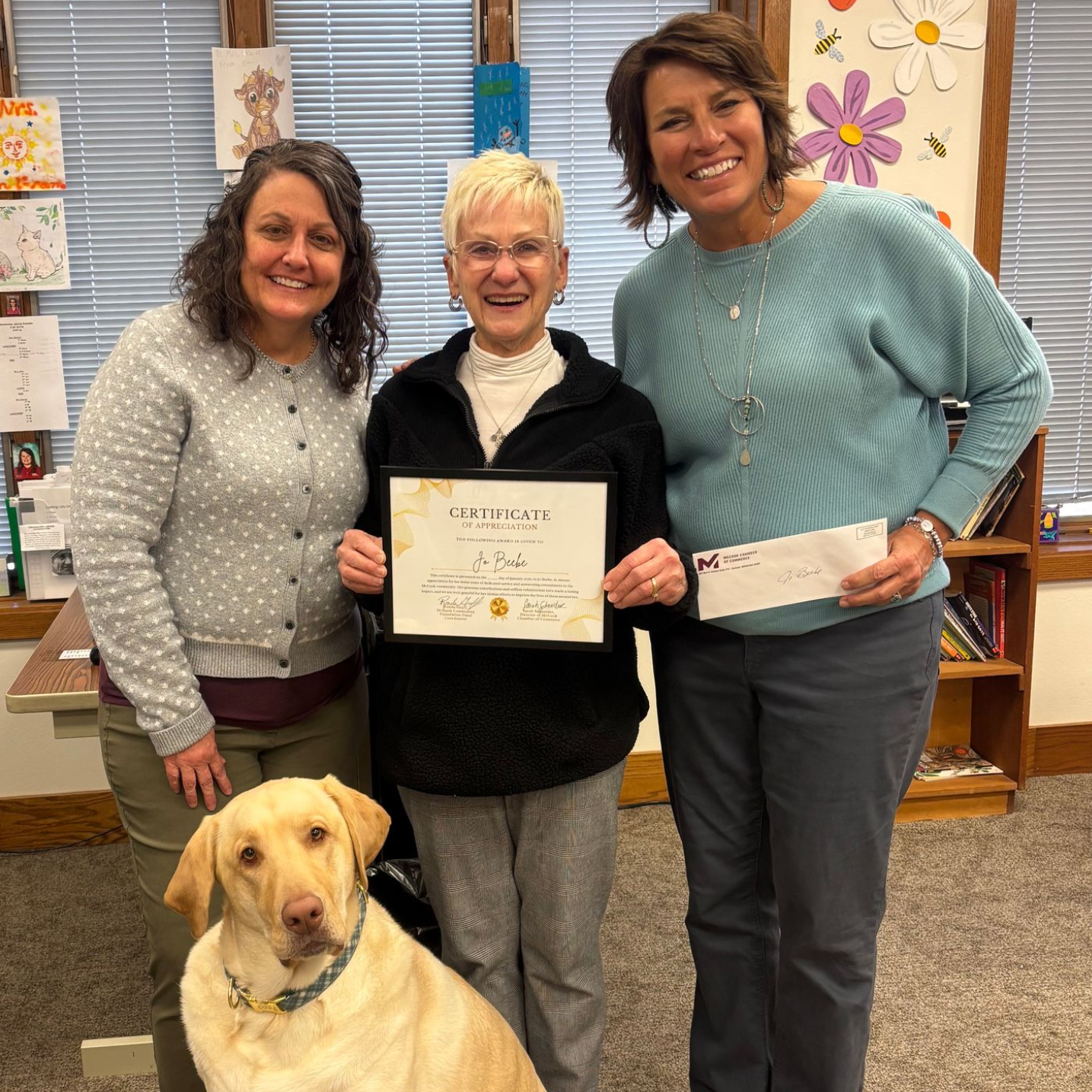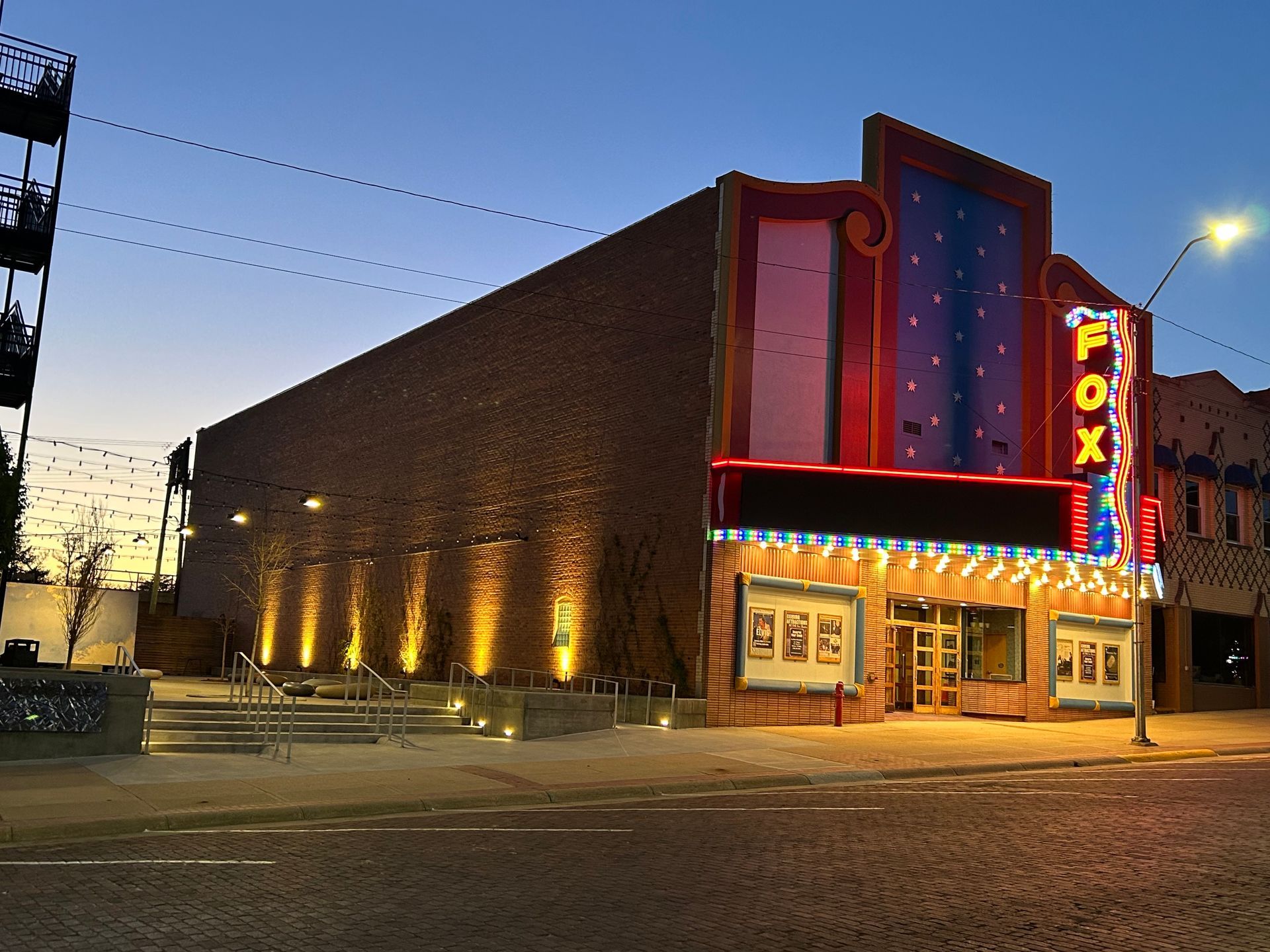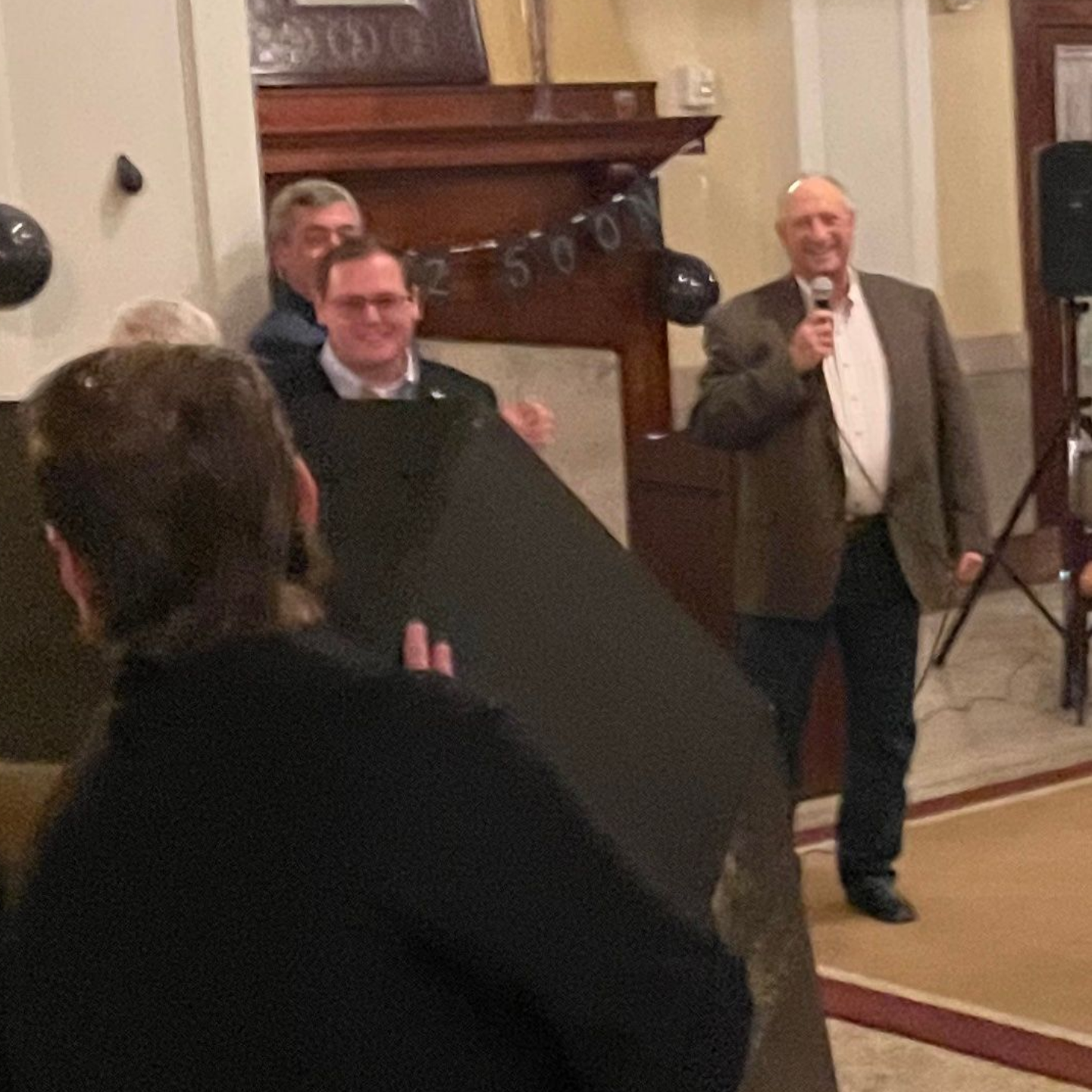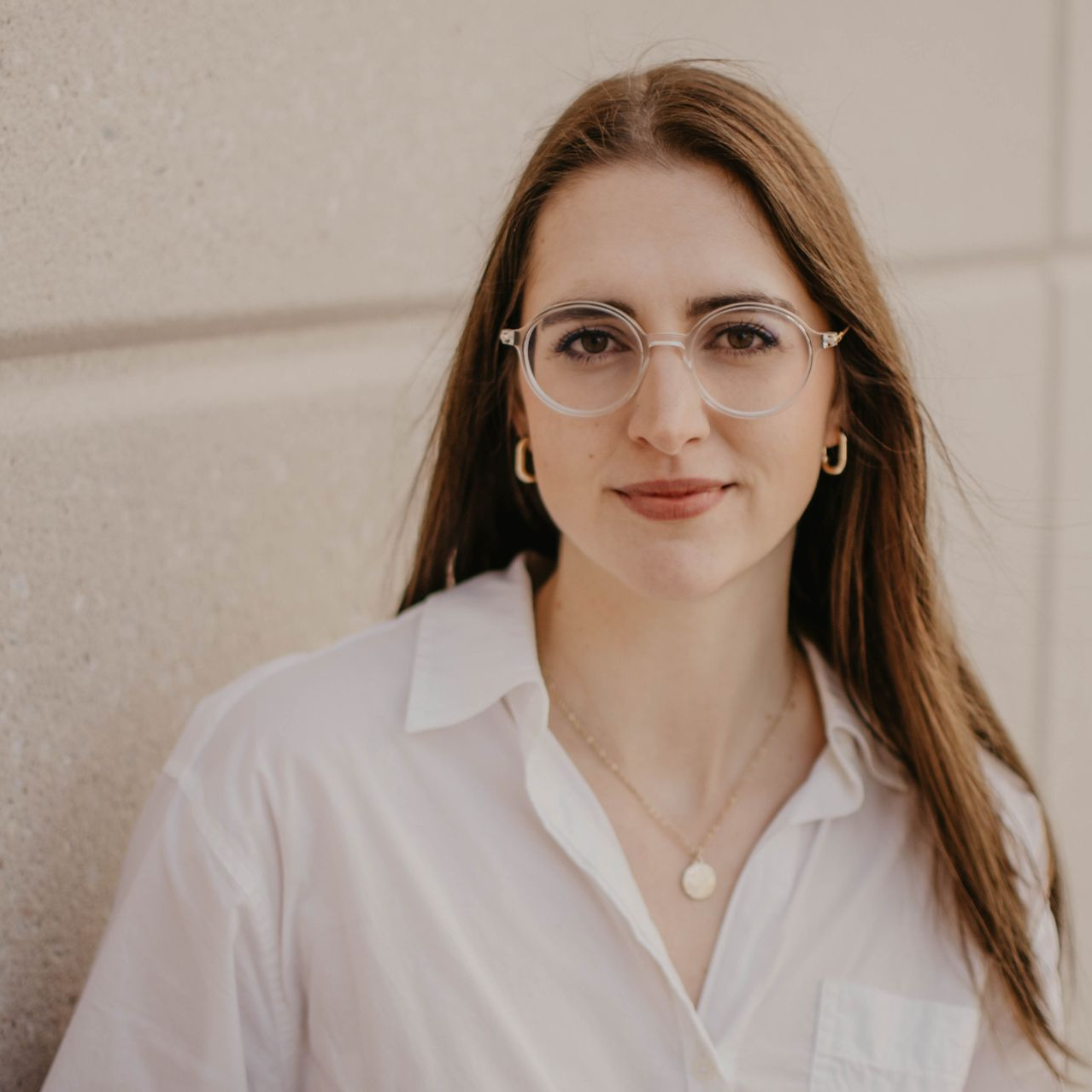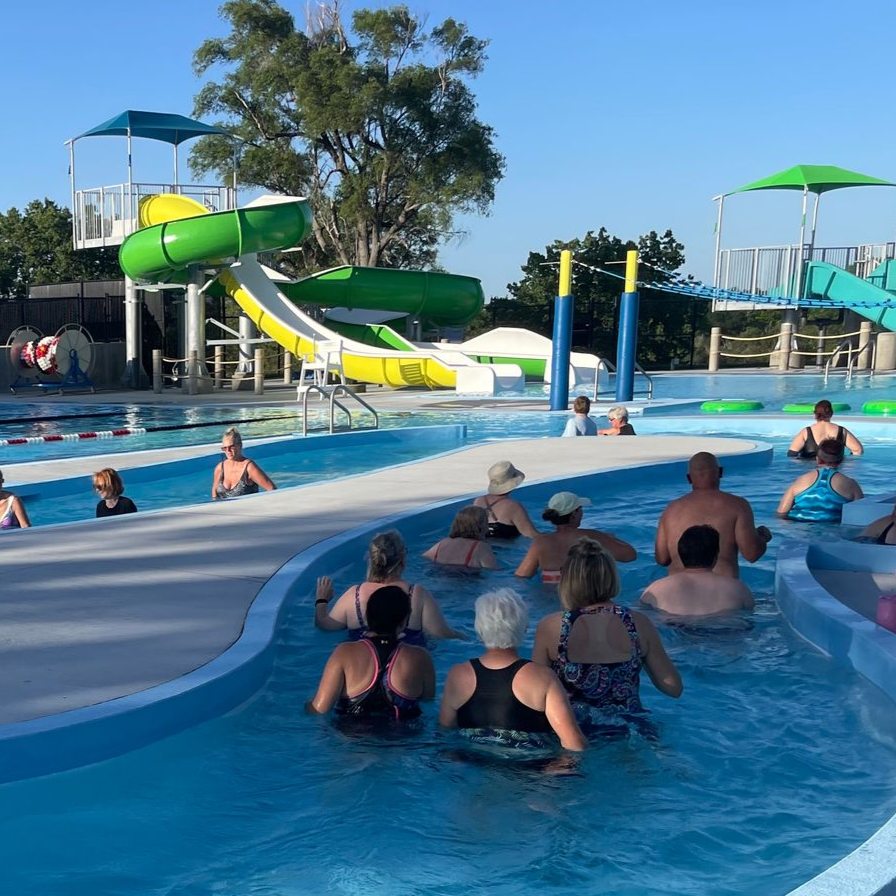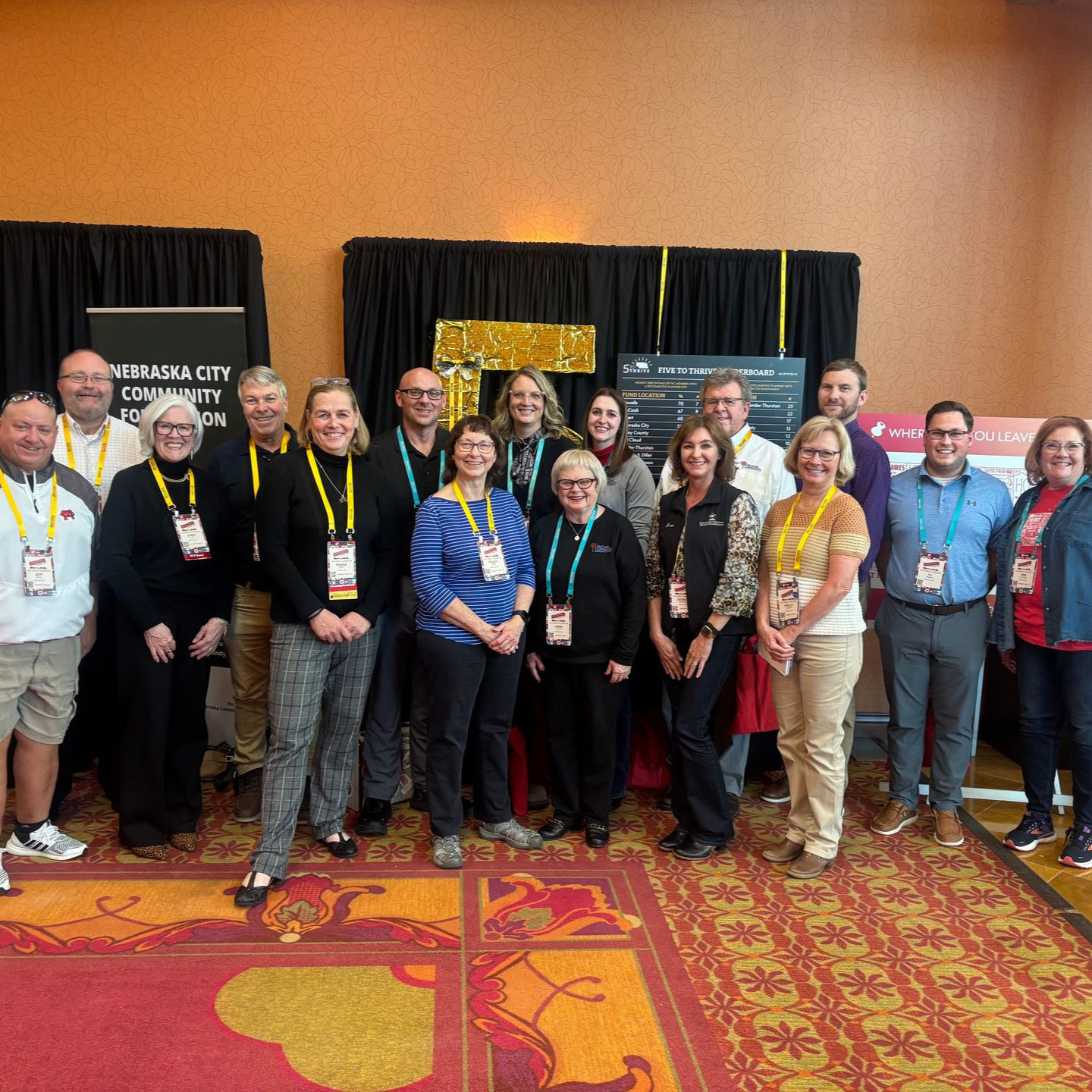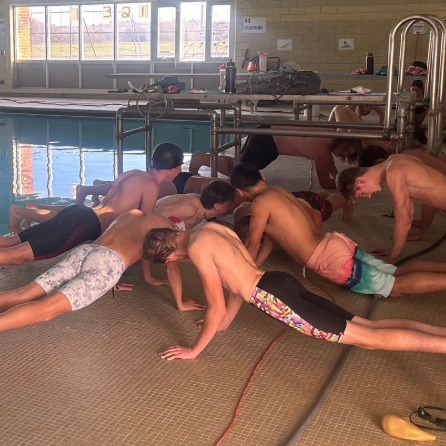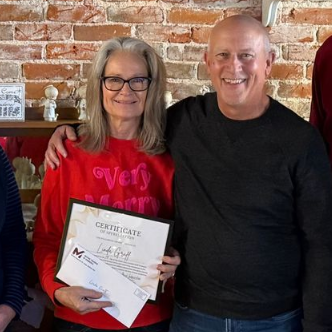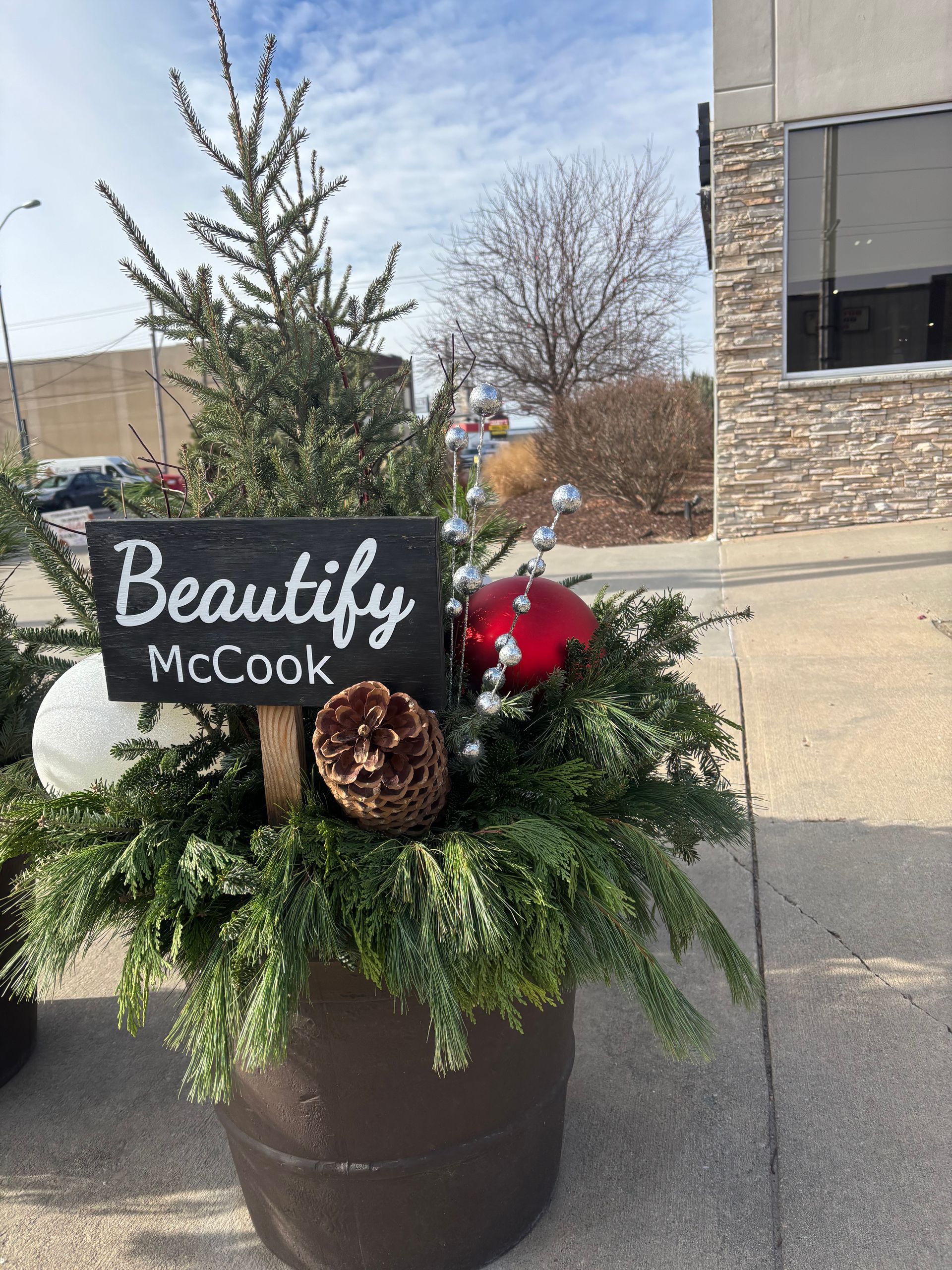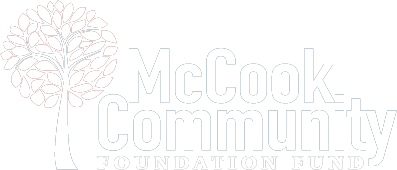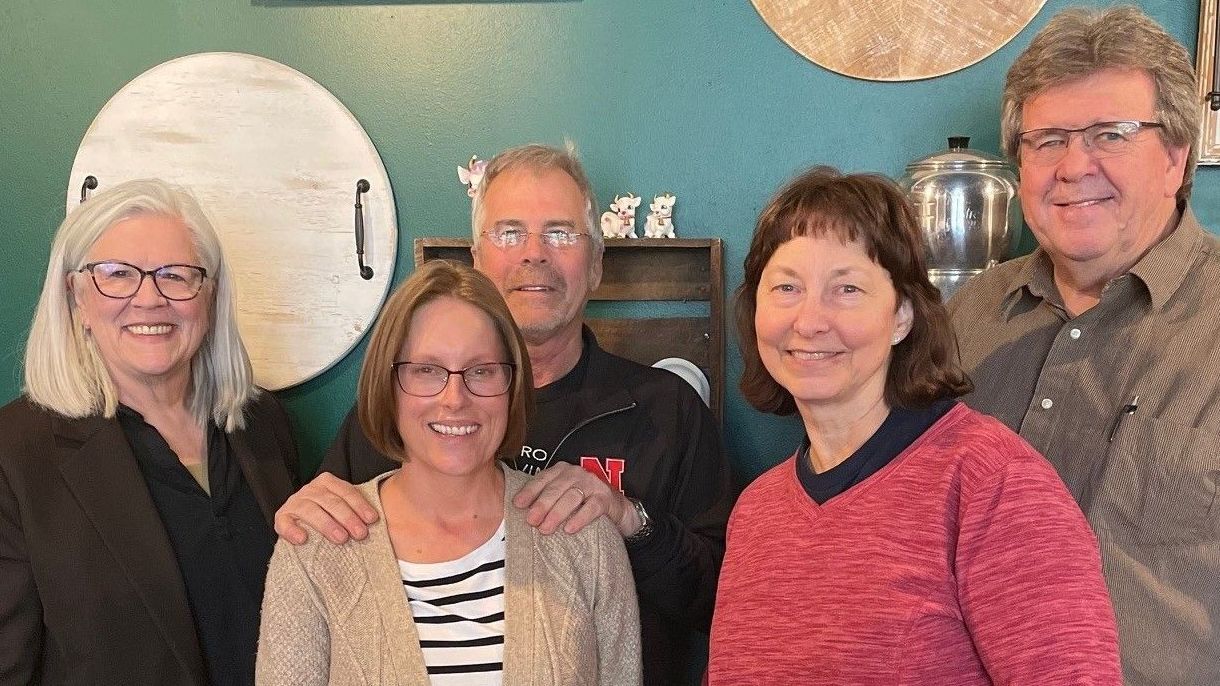
My wife and I recently traveled from our home in extreme Southeast Kansas to McCook for a couple reasons. We wanted to meet with representatives of the McCook Community Foundation Fund and participate in St. Patrick’s annual GALA, which benefits the school and parish. While unrelated, both events were a great success in terms of meeting individuals committed to the success of McCook and surrounding area. And we also happened to leave some hard-earned Kansas money for St. Patrick students.
Every time I drive across Kansas and Southwest Nebraska, I am always struck by the sometimes subtle and then abrupt changes in topography. At the same time, I am astounded by the similarities across communities once you depart major highways, both physical likenesses and community issues.
Without exception, small rural communities across the Midwest face many of the same challenges. An aging and declining population, crumbling infrastructure, poverty, access to health care, childcare, inadequate bandwidth, and a dwindling tax base remain at the top of many issues that confront small towns - regardless of the state in which they are located.
This backdrop has brought me to the conclusion our rural communities are literally caught in the middle between what has been and what we want it to be. We are at a tipping point that can create much fear and anxiety for all of us, not knowing which way it will go.
Many challenges that face rural America cannot be solved by a single community or organization working in isolation. In fact, the prosperity of one community at the expense of its neighbors will simply not provide the foundation needed for long term prosperity. The number of fast-food restaurants and “dollar stores” cannot be the only measure one uses to evaluate the health and well-being of a rural community.
This brings me to the real challenge of rural development: the critical need for meaningful collaboration across jurisdictions involving all units of government, community organizations, hospitals, churches, and schools. This approach is much easier said than done.
Painstaking efforts to establish trust, having those difficult conversations about common problems, burying conflicts from the past, and finding ways to share resources - both fiscal and human - is hard. Cooperation cannot be legislated. Instead, it must come from realizing that together we can do things that otherwise would be impossible.
It is obvious that the McCook Community Foundation Fund, along with collaboration with organizations throughout the community including the City of McCook, the MEDC, Chamber of Commerce, Community Hospital and local businesses and organizations, has served as a catalyst for many cooperative endeavors that have benefited its residents.
That’s the good news. The real challenge is how those efforts can be extended to other communities across the region.
If you are driving in another community, look at the school bus stops. What do you see? Kids, right? My bet is the students’ attending schools in Indianola, Cambridge, Arapahoe, Bartley, and McCook look very similar. All those kids deserve the same chances at a high qualify education as those in Kansas City or Denver. We know that the only way that can happen is through working together across boundaries and sharing resources to create the best educational opportunities possible.
The same can be said for health care, infrastructure, and the list goes on and on. Remember, collaboration is hard work that requires leadership, resolve, and a laser focus on benefits for everyone.
Shelly and I hope our work with the McCook Community Foundation Fund, in a very small way, will help to build bridges across this region and beyond. Giving leaders the fiscal resources to take chances, forge new partnerships, and create new services lies at the center of our decision to embrace what our grandparents started to build so long ago.
We encourage everyone to take a good look around during your next vacation. If you stay in the Midwest, you will start to see a lot more similarities than differences. Then, as a member of a local church council, elected official, or school organization, ask yourself if the needs you are addressing may be the same as another local or regional group.
If the answer is yes, it may be time to pick up the phone and schedule a time to have coffee. It’s worth a shot to try collaboration to make your own community better along with those around you.
***
Mike Bodensteiner is the son of Margaret Harris and the grandson of the late Tippo and Jessie Harris, McCook. Although Mike and his wife, Shelly, live and work in the extreme Southeast Kansas, they have become engaged with the McCook Area Community Foundation Fund through estate planning involving their family farm near Lebanon.
